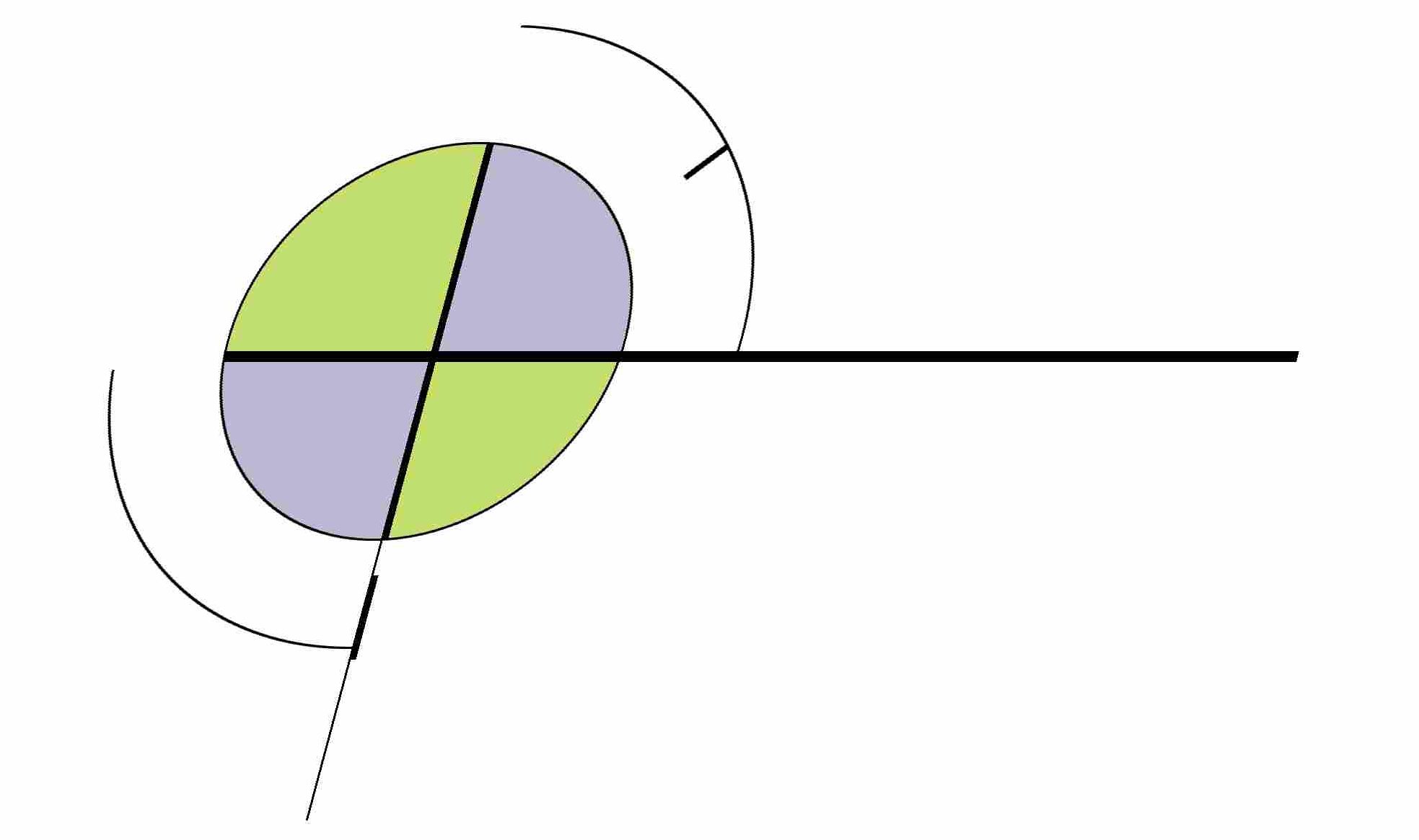I have a large music library of MP3 files, around 3 TB, and finally got around to organizing it. I had a few requirements:
- I wanted the file tags standardized as they came from a variety of sources.
- I wanted the files organized as
FIRSTLETTER/ARTIST/ALBUM/song.mp3
For this, I ended up with a two-step solution:
Step 1: Tag Everything with Beets
Beets is a very powerful metadata tagging and organizational system. It’s easiest to launch it via a Docker container, along with the PHP container used later.
First, start with the config.yaml for beets:
# config.yaml
plugins: fetchart embedart convert scrub replaygain lastgenre chroma web bucket
directory: /music
library: /config/musiclibrary.blb
art_filename: albumart
threaded: yes
original_date: no
per_disc_numbering: no
ui:
color: yes
convert:
auto: no
ffmpeg: /usr/bin/ffmpeg
opts: -ab 320k -ac 2 -ar 48000
max_bitrate: 320
threads: 1
paths:
default: $albumartist/$album%aunique{}/$track - $title
#default: $artist/$album%aunique{}/$track - $title
singleton: %bucket{$artist}/$artist/$album%aunique{}/$track - $title
comp: Various Artists/$album%aunique{}/$track - $title
albumtype_soundtrack: Soundtracks/$album/$track $title
import:
write: yes
copy: no
move: yes
resume: yes
incremental: yes
quiet_fallback: skip
timid: no
log: /config/beet.log
lastgenre:
auto: yes
source: album
embedart:
auto: yes
fetchart:
auto: yes
replaygain:
auto: no
scrub:
auto: yes
replace:
'^\.': _
'[\x00-\x1f]': _
'[<>:"\?\*\|]': _
'[\xE8-\xEB]': e
'[\xEC-\xEF]': i
'[\xE2-\xE6]': a
'[\xF2-\xF6]': o
'[\xF8]': o
'\.$': _
'\s+$': ''
web:
host: 0.0.0.0
port: 8337
match:
strong_rec_thresh: 0.20
bucket:
bucket_alpha: ['A', 'B', 'C', 'D', 'E', 'F', 'G', 'H', 'I', 'J', 'K', 'L', 'M', 'N', 'O', 'P', 'Q', 'R', 'S', 'T', 'U', 'V', 'W', 'X', 'Y', 'Z']Then change the folder paths as needed and launch the containers:
# docker-compose.yaml
---
version: "2.1"
services:
beets:
image: ghcr.io/linuxserver/beets
container_name: beets
environment:
- PUID=1000
- PGID=1000
- TZ=America/Los_Angeles
volumes:
- /c/Users/Me/Documents/beets:/config
- /l/Music/destination:/music
- /l/Music:/downloads
ports:
- 8337:8337
restart: unless-stopped
app-php73:
build:
context: .
dockerfile: Dockerfile.php73
container_name: app-php73
volumes:
- /c/Users/me/Documents/beets:/config
- /l/Music/destination:/music
- /l/Music:/downloads
- ./:/docker/
# cap and privileged needed for slowlog
cap_add:
- SYS_PTRACE
privileged: true
environment:
- VIRTUAL_HOST=.app.boilerplate.docker
- VIRTUAL_PORT=80
- POSTFIX_RELAYHOST=[mail]:1025
- "PS1=[app-php73 $$(whoami):$$(pwd)] $$ "With the corresponding Dockerfile.php73:
# Dockerfile.php73
FROM webdevops/php-apache-dev:centos-7-php7
ENV PROVISION_CONTEXT "development"
# Deploy scripts/configurations
RUN docker-service-disable postfix
# Misc
RUN yum install -y joe
# Update PHP
RUN yum -y install http://rpms.remirepo.net/enterprise/remi-release-7.rpm \
&& yum remove -y php70w-pecl-imagick \
&& yum install -y \
php73 \
php73-php-fpm \
php73-php-pecl-xdebug \
php73-php-mysqlnd \
php73-php-mbstring \
php73-php-intl \
php73-php-gd \
php73-php-opcache \
php73-php-pecl-imagick \
php73-php-xml \
php73-php-pecl-redis5 \
php73-php-pecl-zip \
php73-php-soap \
&& rm -f /usr/bin/php \
&& ln -s /usr/bin/php73 /usr/bin/php \
&& mkdir -p /usr/local/php/7.3.10/bin \
&& ln -s /usr/bin/php /usr/local/php/7.3.10/bin/php \
&& rm /usr/local/bin/php-fpm \
&& ln -s /opt/remi/php73/root/usr/sbin/php-fpm /usr/local/bin/php-fpm
RUN yum -y localinstall --nogpgcheck https://download1.rpmfusion.org/free/el/rpmfusion-free-release-7.noarch.rpm \
&& yum -y install ffmpeg
# Configure volume/workdir
WORKDIR /app/
After launching these, you can go into the beets container and update all the tags in your source directory:
beet -vv import -sq /downloadsA few things to note:
- Beets will only move the file if the tags have changed – I think this is by design. We will move the files in the next step.
- While you can download the entire Musicbrainz database (30+GB) it’s not worth it. With a free Musicbrainz account you can get access to the API with a rate limit of 1/s which is a lot more than you can use with beets in practice.
Step 2: Move the Files
After beets has retagged everything and moved some of the files (maybe 30% in my experience), you can run this mp3move.php script to move the remainder of the files. This uses ffmpeg directly, as I found it to be more capable of extracting ID3 tags than other pure-PHP solutions. It also shells out to use Linux directory scanning rather than PHP iteration since the latter is known to be buggy on Windows/Docker if you’re dealing with large directories.
